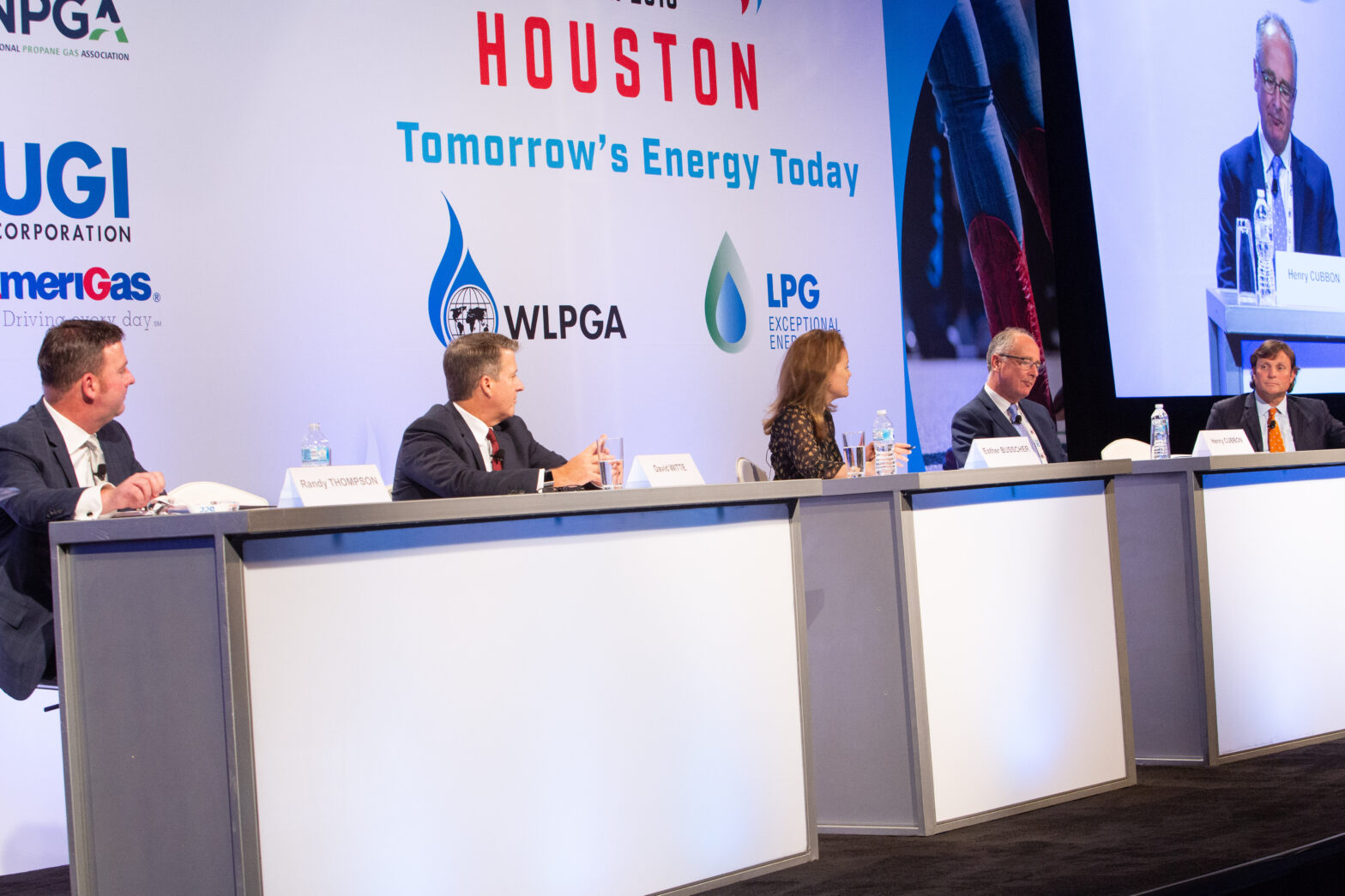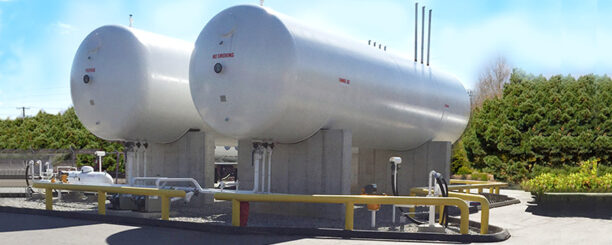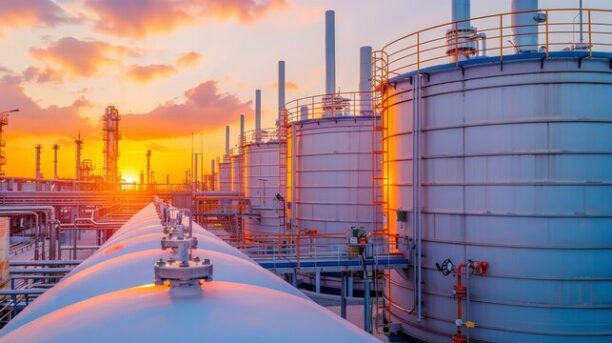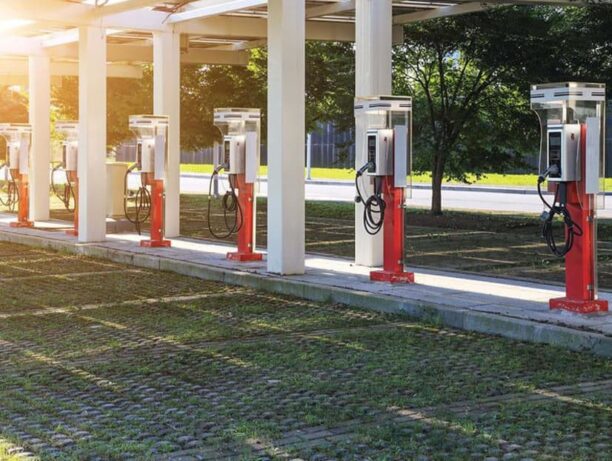Structured Rollouts Drive Propane Business Growth
Every propane business wants to grow, but fast expansion without structure can easily create confusion, missed deliveries, or uneven customer service. That’s why many successful companies prefer phased rollouts. A phased rollout means expanding your service, technology, or product line step by step instead of all at once. This method allows your team to test… Continue reading Structured Rollouts Drive Propane Business Growth









